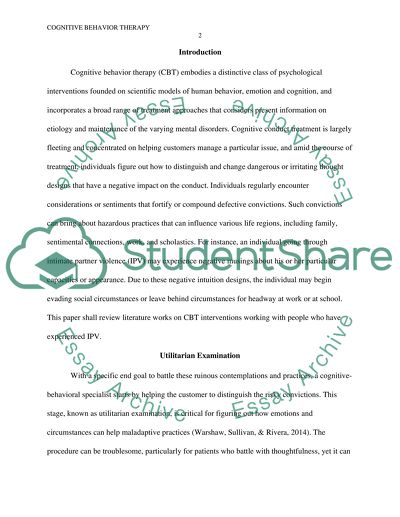Cite this document
(“Literature review on CBT interventions working with Intimate Partner”, n.d.)
Literature review on CBT interventions working with Intimate Partner. Retrieved from https://studentshare.org/psychology/1663621-literature-review-on-cbt-interventions-working-with-intimate-partner-violence
Literature review on CBT interventions working with Intimate Partner. Retrieved from https://studentshare.org/psychology/1663621-literature-review-on-cbt-interventions-working-with-intimate-partner-violence
(Literature Review on CBT Interventions Working With Intimate Partner)
Literature Review on CBT Interventions Working With Intimate Partner. https://studentshare.org/psychology/1663621-literature-review-on-cbt-interventions-working-with-intimate-partner-violence.
Literature Review on CBT Interventions Working With Intimate Partner. https://studentshare.org/psychology/1663621-literature-review-on-cbt-interventions-working-with-intimate-partner-violence.
“Literature Review on CBT Interventions Working With Intimate Partner”, n.d. https://studentshare.org/psychology/1663621-literature-review-on-cbt-interventions-working-with-intimate-partner-violence.


